Tower and school link in Melbourne mega-cluster
An ‘epidemiological link’ has been found between Victoria’s two biggest COVID-19 clusters in public housing and Al-Taqwa College.

An “epidemiological link” has been found between Victoria’s two biggest COVID-19 clusters, revealing families living in inner city housing commission towers with at least 158 cases attend Al-Taqwa College in the outer western suburb of Truganina.
On Thursday the two clusters eclipsed the state’s previous biggest cluster — 111 cases at western suburbs abattoir Cedar Meats — with the count associated with Al-Taqwa College rising to 113.
The Australian can also reveal 58 of the cases linked to the Al-Taqwa cluster are students, 21 are staff, 14 are household or visitor contacts and the remaining 20 are under investigation. The school, which is Victoria’s largest Islamic school, has 2150 students and 320 staff, all of whom are being treated as close contacts.
The confirmation of the link between clusters came as the residents of eight of the nine towers in North Melbourne and Flemington were allowed to leave their buildings for the first time since Saturday, following the completion of testing of 2515 of them.
As the news broke, residents of the Pampas Street tower came to the door, waving with happiness.
It is one of two towers in North Melbourne, along with another on Melrose Street, where no coronavirus infections were detected.
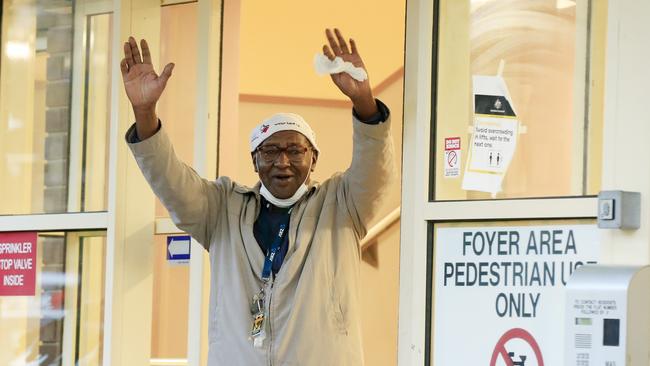
Victoria confirmed 165 new cases of coronavirus on Thursday — the second highest daily increase after Tuesday‘s record of 191 — although many of the cases linked to the towers will be counted in Friday’s tally.
In the past fortnight there have been 237 COVID-19 cases in Victoria with no established source, and as of Thursday the state had 932 known active cases — an increase of 769 in a fortnight.
The health department also confirmed three new cases linked to Melbourne hospitals and six linked to aged care facilities.
Brett Sutton, the chief health officer, warned he “wouldn’t expect” the past few days’ figures to represent the peak of Victoria’s second wave of coronavirus.
“(However), I absolutely keep my fingers crossed that it is,” he said. Professor Sutton said he had not been able to conclude whether the Al-Taqwa cluster had caused the towers cluster, or vice versa.
“An epidemiological link between Al-Taqwa and the towers is just a link. It might have gone in one direction, it might have gone in the other direction. There may well be multiple importations of virus (at both sites),” he said.
Professor Sutton said no direct link had been established between the two clusters and Victoria‘s bungled hotel quarantine system, which late last month was genomically linked to a high proportion of the state’s active COVID-19 cases.
Islamic preacher Waseem Razvi, who has four children at Al-Taqwa, said he was not shocked by the link to the towers, given students and staff travel to the school from all over Melbourne.
“It‘s not really shocking but obviously everybody’s worried about it,” he said.
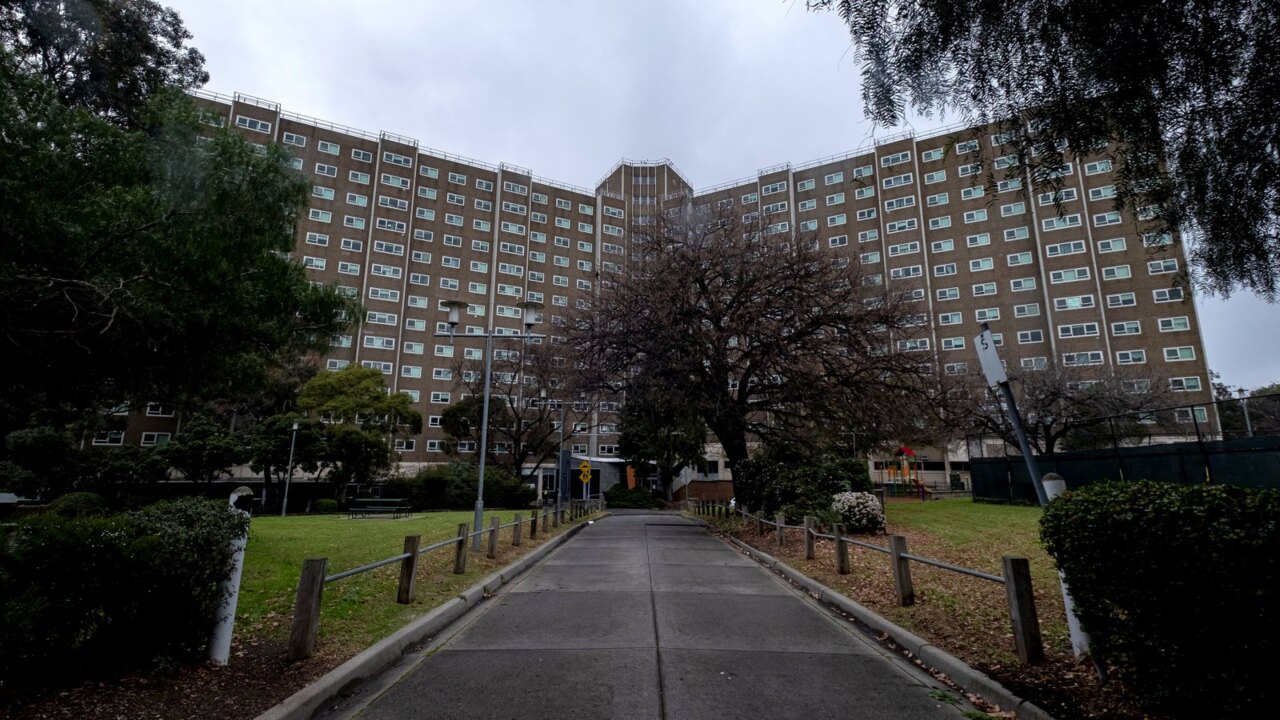
Mr Razvi said he was happy with the precautionary measures Al-Taqwa College had taken against coronavirus, which he said included daily temperature checks of students visitors to the school, providing hand sanitiser and educating on the need for social distancing. “One day I got a call from the school that my kid needs to be picked up because they found him having [a] cough in the morning,” he said.
Premier Daniel Andrews announced the reopening of all but one of the housing commission towers at a late afternoon press conference on Thursday.
The highest number of cases — 53 — was found at 33 Alfred Street, North Melbourne, representing approximately 11 per cent of residents. All residents in that building are now being classed as close contacts and will not be able to leave their homes at all for a total of 14 days from last Saturday, when their lockdown began.
Residents of the two North Melbourne towers where no cases were found were free to revert to the Stage Three restrictions which apply to the rest of Melbourne from 5pm on Thursday, while the six remaining towers in North Melbourne and Flemington were reopened from 11:59pm, with positive cases and their close contacts given the option of relocating to hotels or remaining at home.
Police Minister Lisa Neville said the 15 per cent of residents who refused to be tested would also not be permitted to leave.
Somali Community leader Farah Warsame who worked alongside the state government during the hard lockdown welcomed the relaxation, but said the residents of 33 Alfred Street should also revert to Stage Three.
Mr Warsame said he held concerns over the mental health of the remaining residents in hard lockdown, with many already struggling with trauma or substance abuse. “If they stay there for another nine days it‘s going to be tough, it really is,” he said. “They were already suffering.”

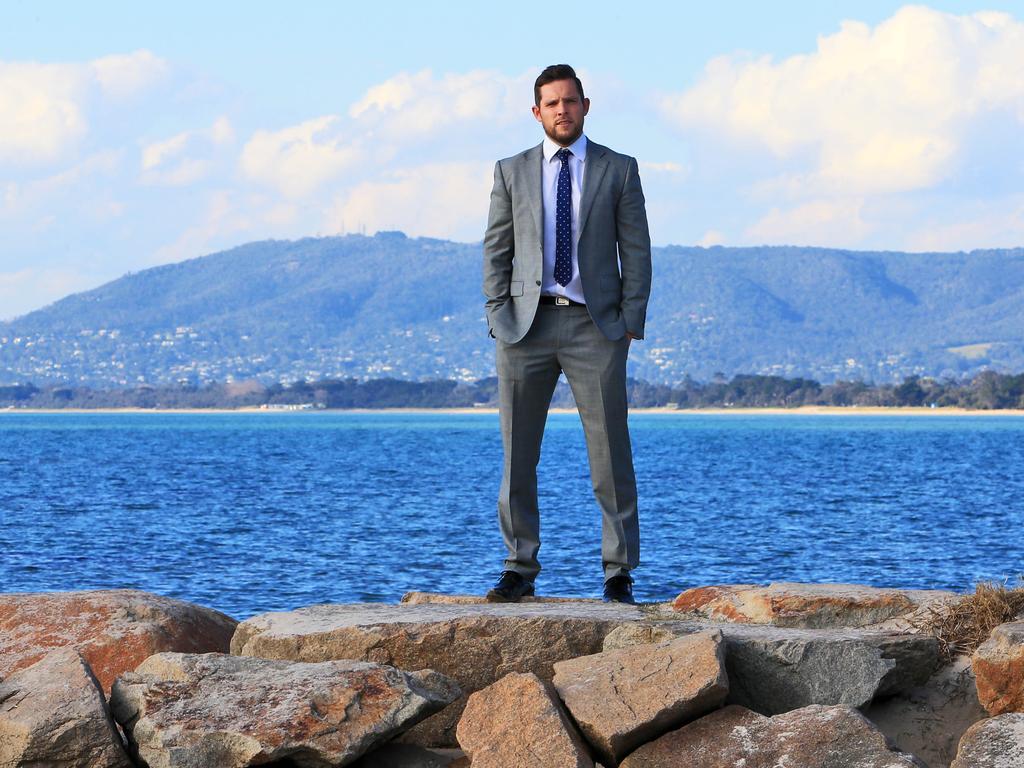
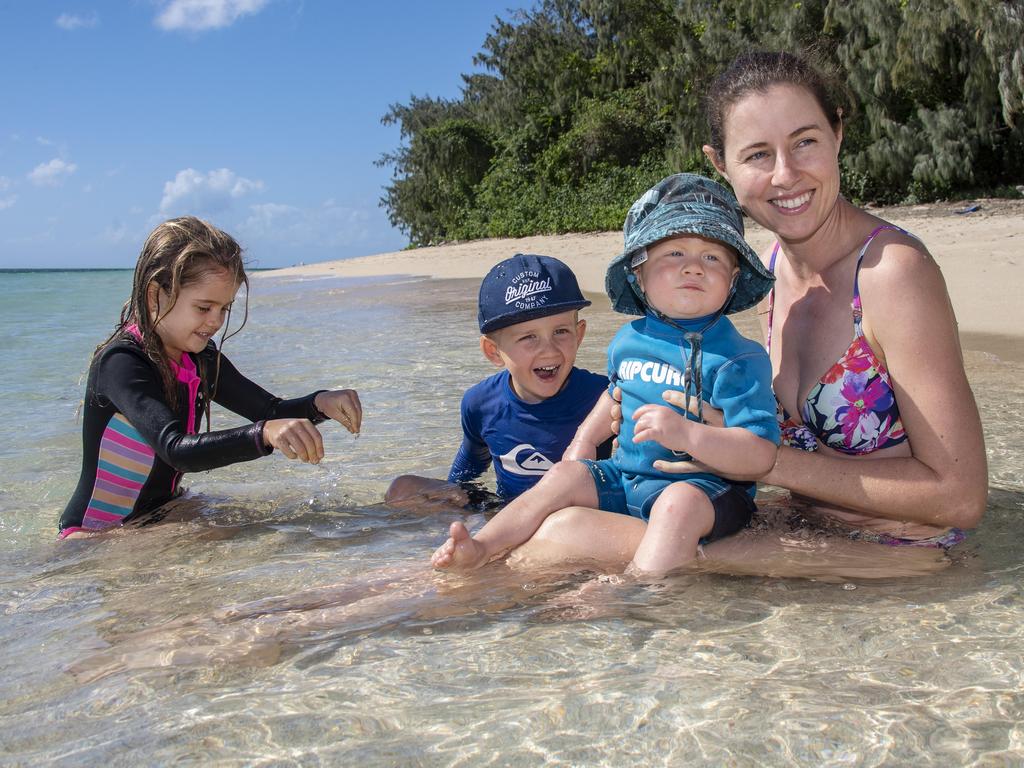
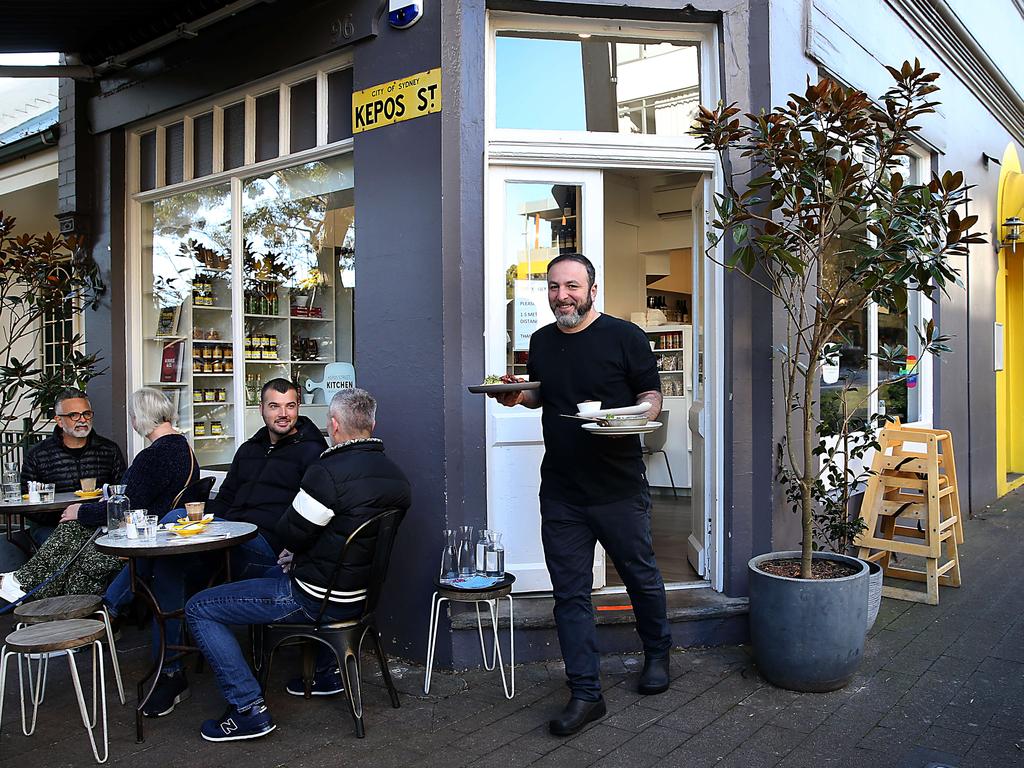



To join the conversation, please log in. Don't have an account? Register
Join the conversation, you are commenting as Logout